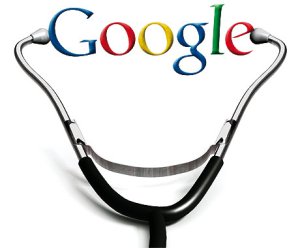There are four key patterns of results that emerge. First, the lagged effect of physical activity is almost always larger than the current effect. This suggests that current risk factors, not only obesity but also high blood pressure and heart rate, take years to develop, which underscores the importance of consistent physical activity to ward off heart disease. Second, we find that in general physical activity reduces risk factors for heart disease even after controlling, to some extent, for unobservable confounding influences. Third, not only recreational but work-related physical activity appears to protect against heart disease. Finally, there is evidence of a dose-response relationship such that higher levels of recreational exercise and other physical activity have a greater protective effect. Our estimates of the contemporaneous and durable effects suggest that the observed declines in high levels of recreational exercise and other physical activity can potentially account for between 12-30% of the increase in obesity, hypertension, diabetes, and heart disease observed over the sample period, ceteris paribus.
Source: NBER Working Paper.






